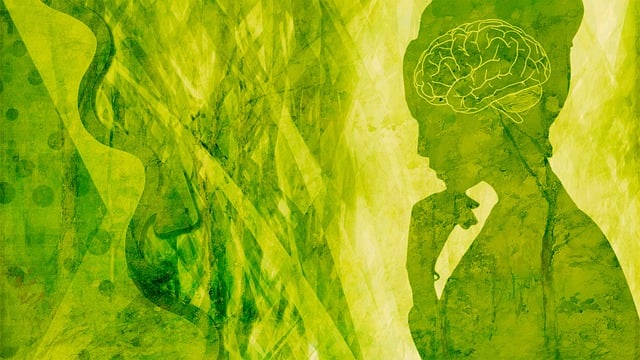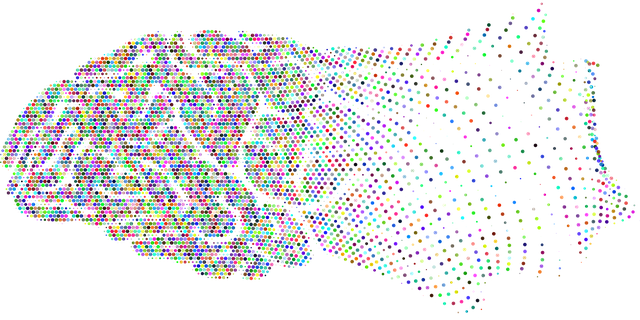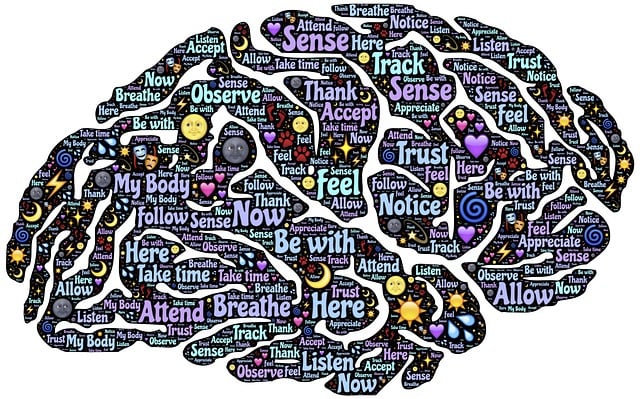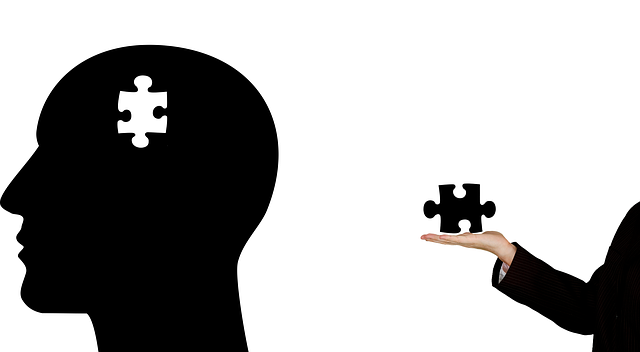Diagnosing mental illness in adolescents is challenging due to their unique developmental stage, variable behavioral expressions, and spiritual-religious concerns. Integrating spiritual perspectives into diagnostic assessments enhances accuracy by understanding teens' experiences, beliefs, and coping mechanisms. This holistic approach, focusing on mindfulness and personalized care, builds resilience, improves self-esteem, and respects individual values. Recent efforts aim to improve diagnostic strategies, reduce stigma, and train professionals in integrating spirituality for effective therapy tailored to adolescent teens' spiritual-religious issues.
Mental illness diagnosis accuracy among adolescents is a growing concern, with complexities rooted in diverse manifestations and individual experiences. This article explores strategies to enhance diagnostic precision, focusing on understanding adolescent psychology, integrating spiritual and religious perspectives, and introducing innovative therapies tailored to their unique needs.
We delve into the importance of training, resource allocation, and community collaboration to address the challenges faced by healthcare professionals in accurately diagnosing mental health issues in teens, especially when spiritual-religious issues are involved.
- Understanding the Complexities of Mental Illness Diagnosis in Adolescents
- Integrating Spiritual and Religious Perspectives into Diagnostic Assessments
- Innovative Therapies for Adolescent Teens: Addressing Unmet Needs
- Enhancing Diagnostic Accuracy: Training, Resources, and Community Collaboration
Understanding the Complexities of Mental Illness Diagnosis in Adolescents

Diagnosing mental illness in adolescents is a complex task due to the unique challenges that come with their developmental stage. This period is marked by rapid brain development, hormonal changes, and evolving identity formation, all of which can contribute to various behaviors and emotions. Adolescents may present symptoms differently than adults, often making it harder for healthcare professionals to discern specific disorders. For instance, what seems like rebellious behavior could be a manifestation of oppositional defiant disorder or a sign of underlying depression.
Additionally, the intersection of spiritual-religious issues further complicates diagnosis. Many adolescents grapple with finding their place in the world and questioning their faith, which can be confused with symptoms of anxiety, depression, or even psychotic disorders. Incorporating therapy that addresses both mental health and spiritual-religious concerns, such as integrating mindfulness practices or exploring existential questions, can provide a more holistic approach to understanding and treating these young individuals. This, in turn, enhances the accuracy of diagnosis and facilitates the development of coping skills and inner strength.
Integrating Spiritual and Religious Perspectives into Diagnostic Assessments

Integrating spiritual and religious perspectives into diagnostic assessments can significantly enhance mental illness diagnosis accuracy for adolescent teens. Many individuals find solace and meaning in their faith, which can both influence and be influenced by their emotional and psychological states. By considering a teen’s spiritual-religious issues, therapists can gain deeper insights into their experiences, beliefs, and coping mechanisms. This holistic approach not only improves diagnostic accuracy but also paves the way for more personalized treatment plans that address the individual’s unique mental wellness needs.
Incorporating spirituality into therapy for adolescent teens with mental health challenges can facilitate resilience building and self-esteem improvement. Faith-based interventions have been shown to empower teens by providing them with a sense of purpose, hope, and community support, all of which are crucial factors in navigating the complexities of adolescence and mental illness. Moreover, recognizing the role of spiritual-religious beliefs in an individual’s life can help therapists design interventions that foster positive changes while respecting the teen’s personal values and worldviews.
Innovative Therapies for Adolescent Teens: Addressing Unmet Needs

In recent years, there has been a growing recognition of the unique challenges faced by adolescent teens when it comes to mental illness diagnosis and treatment. One significant gap in current practices is the insufficient addressing of spiritual-religious issues that may play a crucial role in their overall well-being. Innovative therapies tailored specifically for this demographic are needed to improve diagnostic accuracy and develop effective treatments. By incorporating approaches that consider the complex interplay between adolescent identity, faith, and mental health, professionals can better support teens in managing mood disorders and resolving conflicts.
Public awareness campaigns development is vital to shed light on these unmet needs, encouraging open conversations about spiritual-religious factors in mental health. Such initiatives can help reduce stigma and promote early intervention, which are critical for positive outcomes. Additionally, training mental health professionals to integrate spirituality into therapy sessions will ensure that adolescent teens receive holistic care that addresses both their emotional and spiritual needs, ultimately enhancing the accuracy and effectiveness of mental illness diagnosis and treatment plans.
Enhancing Diagnostic Accuracy: Training, Resources, and Community Collaboration

Mental health professionals are continually striving to improve diagnostic accuracy, especially when addressing complex conditions like those involving spiritual-religious issues in adolescent teens. Enhancing diagnostic processes requires a multifaceted approach, including comprehensive training for healthcare providers. Specialized workshops and programs can equip practitioners with the skills to recognize subtle signs of mental illness, consider cultural nuances, and incorporate compassion cultivation practices to reduce potential burnout.
Community collaboration plays a vital role in this endeavor. By fostering partnerships between mental health facilities, schools, and religious institutions, professionals can gain insights into the unique challenges faced by adolescent teens grappling with spiritual-religious issues. This collaborative effort enables the development of tailored interventions, ensuring that therapy for adolescent teens is culturally sensitive and effective. Moreover, it promotes a holistic understanding of well-being, addressing not only mental health but also the spiritual realm.
Mental illness diagnosis in adolescents presents unique challenges, but through integrated approaches that consider spiritual and religious perspectives, innovative therapies, and enhanced training, we can significantly improve accuracy. By addressing unmet needs, particularly in therapy for adolescent teens, and fostering community collaboration, we can ensure more effective support for young individuals navigating mental health issues. This holistic approach not only improves diagnostic accuracy but also fosters better outcomes and a brighter future for our youth.










